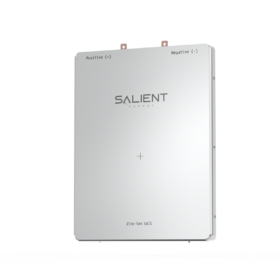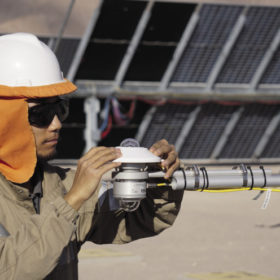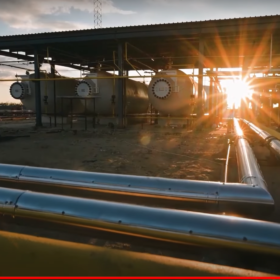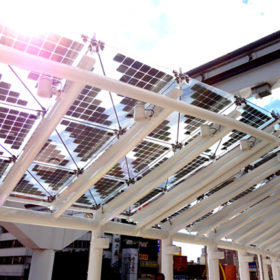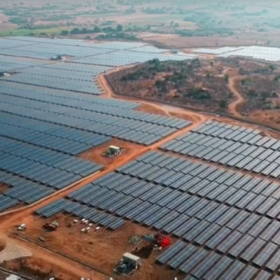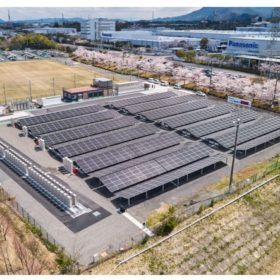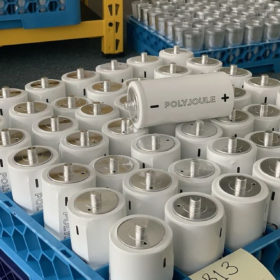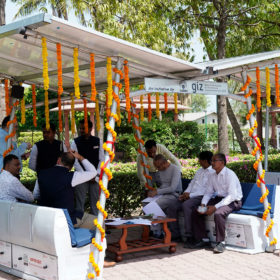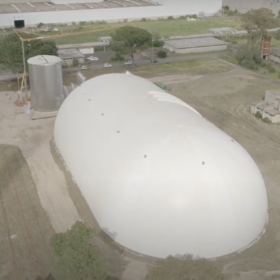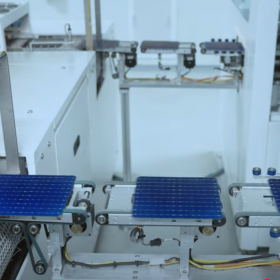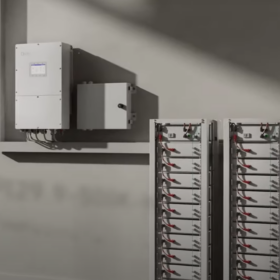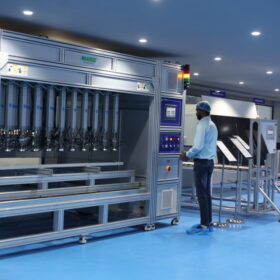Zinc-ion battery for residential applications
Developed by Canadian start-up Salient Energy, the zinc-ion battery has a rated capacity of 60 Ah, a nominal voltage of 1.3 V, and a volumetric energy density of 100 Wh/L. The device measures 26cmx24cmx1.2cm and weighs in at 1.3 kg
The long read: Defining the performance of bifacial solar modules
or some developers of ground-mounted PV, bifacial modules are already the default technology. The slight cost increase is often outweighed by an increase in energy yield. And yet “agreeing” on the right energy yield of a PV plant has always been the most heated debate between developers, investors, lenders, and technical advisers. Everoze partner Christophe Campistron looks at both sides.
Natural hydrogen – how it works and why companies are interested
Natural hydrogen is piquing interest. Sometimes referred to as “gold” or “white” hydrogen, natural hydrogen plants offer smaller carbon footprints than sprawling green hydrogen projects, with faster development times, according to Avon McIntyre, executive director of HyTerra.
Green ammonia, low-hanging fruit for India’s green hydrogen economy
A new report from IEEFA says green ammonia could help India significantly reduce its trillion-rupee fertilizer subsidy bill and cut dependence on liquefied natural gas (LNG) imports for fertilizer production. The report looks at leading green hydrogen to green ammonia projects worldwide and reviews the cost competitiveness of producing green ammonia using various electricity inputs – grid electricity, round-the-clock renewable power, and solar power plus batteries. It also looks at the policy interventions required for green hydrogen and ammonia projects.
Glass-integrated BIPV module from Japan
Japanese glass manufacturer AGC has developed a building-integrated PV (BIPV) panel for different building requirements. It can be installed on facades, canopies, and curtain walls where normal glass can be placed.
ReNew Power selects Librestream’s augmented reality-enabled remote collaboration solution
Librestream’s Onsight solution provides a fully-collaborative environment between remote experts and field technicians, helping to resolve issues at the solar plants quickly and remotely.
Panasonic combines fuel cells, batteries, PV to power factory in Japan
Japan’s Panasonic claims its new pilot solar-plus-hydrogen facility marks the first attempt to create a factory powered by 100% renewables, via the full-scale use of hydrogen.
Lithium battery recycling in India
Nitin Gupta, chief executive officer and co-founder, Attero Recycling, speaks to pv magazine about the supply chain concerns for lithium battery storage manufacturing in India, current battery recycling scenario and Attero’s capacity.
US start-up develops polymer-based batteries for stationary storage
Developed by an MIT spin-off, the device is based on a standard, two-electrode electrochemical cell containing conductive polymers, a carbon-graphene hybrid, and a non-flammable liquid electrolyte. The battery cells were tested to perform for 12,000 cycles at 100% depth of discharge.
Gujarat’s Akshardham temple gets ten portable solar rooftop systems
Servotech Power Systems, with the support of the German Development Agency GIZ, has installed ten portable solar rooftop systems at the Swaminarayan Akshardham temple complex in the Gandhinagar district of Gujarat.
